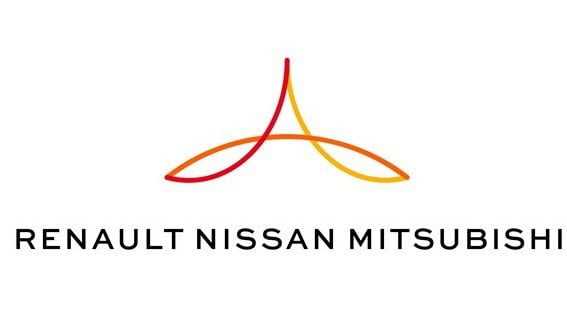“Alliance 2030” is the name of the coalition formed by the Renault, Nissan and Mitsubishi brands to offer for sale electric vehicles
more affordable in the medium term. And it can count on a budget of 20 billion euros.
The announcement of this advanced partnership was originally supposed to be made last fall in Japan, but the state of the COVID-19 pandemic in the land of the Rising Sun had then led to it being postponed.
To lower costs, platforms and batteries are in the line of fire
The cost of purchasing electric vehicles is still frequently singled out as a potential brake on an acquisition. As a result, Renault, Nissan and Mitsubishi have decided to enter into an agreement to offer more affordable electric vehicles in the years to come. For details, on a targeted price range for example, go your way. But what is now called “Alliance 2030” is seriously counting on two key points that could generate a price drop.
The first concerns platforms. Thus, the three firms plan to use a maximum of five different platforms on 90% of their new electric vehicles by 2030. One of them would, for example, equip the Renault Megane and the Nissan Ariya while another would be used on the inexpensive models of the partnership between Nissan and Dongfeng, or even Dacia. A third platform would be devoted to light commercial vehicles. Finally, a new platform, which would equip Renault’s compact vehicles, among other things, is still under study and must be developed for 2025.
As for the batteries (like other components not yet specified), the use of common models between the three firms is also an objective. In short, the aim is to produce, in China, Japan, the United Kingdom and France, the equivalent of 220 GWh of battery capacity by 2030. The use of this common model based on a lithium-ion technology, developed by Nissan, should make it possible, according to the expectations of the 2030 Alliance, to reduce the cost of these batteries by 50%.
Even greater electrification in Europe
This alliance announces attractive savings prospects for electric models, but it is not the same story for hybrids. According to the internal source quoted by Reuters, the current weak cooperation for the supply and the development of models between the three brands constitutes a consequent brake.
While no details were given for hybrids regarding the 2030 Alliance, the goal for electrics is to offer at least thirty new battery electric vehicles (BEVs) by 2030. Moreover, the only manufacturer Nissan announced that it wanted to inject $18 billion to accelerate the electrification of its fleet, with 23 new vehicles, including 15 electric and 8 hybrids.
This is in line with the stated objectives of manufacturers, such as Renault, which wants all new new vehicles offered for sale in Europe in 2030 to be 100% electric. This announcement does not concern, however, markets outside Europe or its Dacia brand, for example. On the Nissan side, it is hoped that 50% of its range will be electrified by 2030.
On the same subject :
Which electric vehicles are generating the most curiosity (and searches) on the Internet in 2021?
Sources: Electrek
, Reuters

14